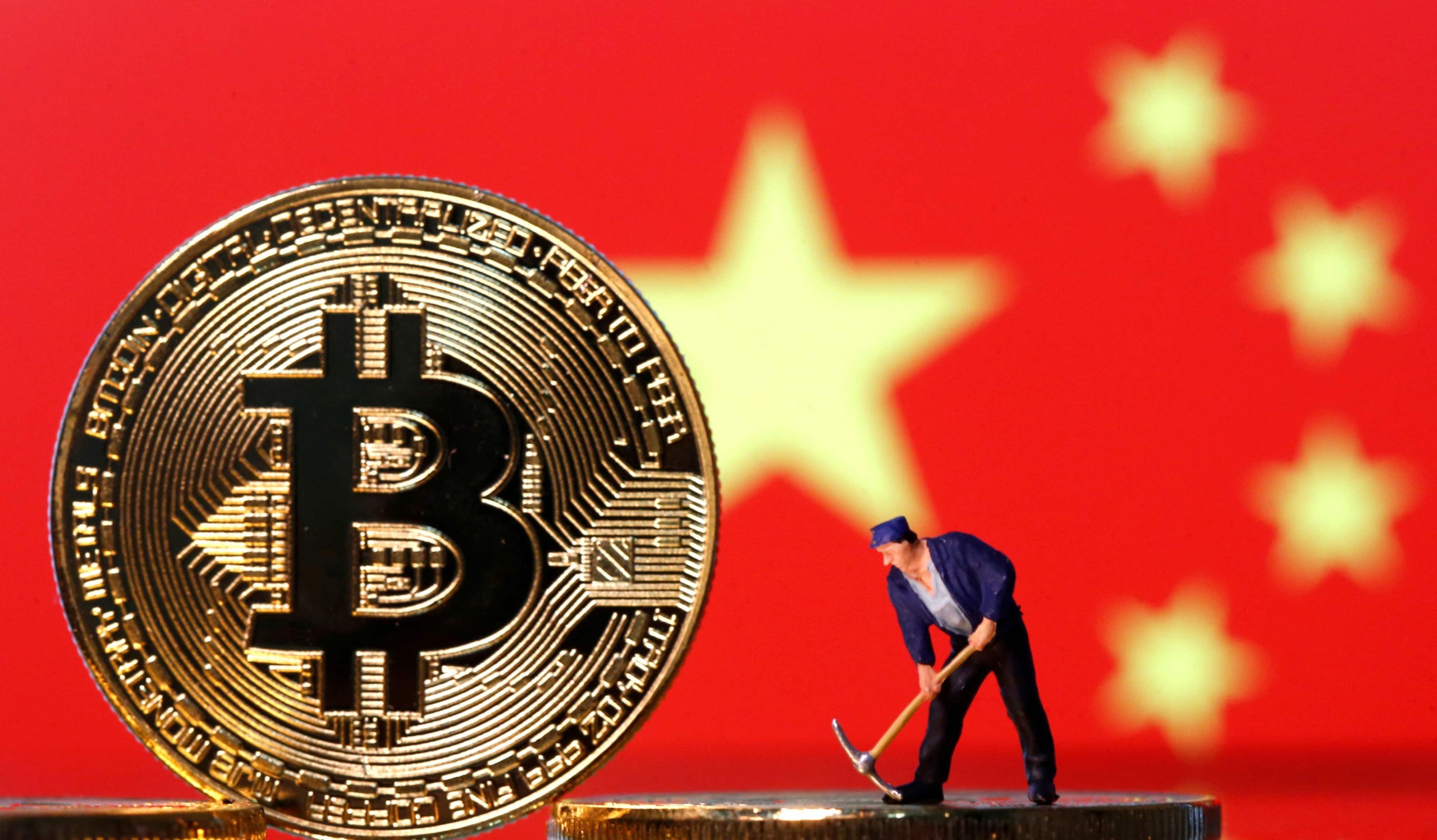The Bitcoin mining industry experienced a major shake-up in late 2024 with the unexpected entry of Cango (CANG), a Shanghai-based automotive lending company.
Valued at $363 million, Cango is on track to become one of the world's largest Bitcoin miners, generating 50 exahashes per second (EH/s) of computing power, about 6% of Bitcoin's total hashrate.
Cango’s move into BTC mining has surprised many in the industry. “I guess it was surprising to people in the Bitcoin mining industry because no one had ever heard of Cango before,” said Juliet Ye, the company’s senior communications manager. But Cango has a track record of adapting to market opportunities. Since its founding in 2010, the company has diversified into auto exports, EV investments, renewable energy, and now BTC mining.
Cango’s ambitious mining plans required significant investment. The company spent $256 million in cash to purchase 32 EH/s of mining power from leading Bitcoin mining hardware maker Bitmain. To purchase the remaining 18 EH/s, Cango is issuing $144 million worth of shares to Golden TechGen, owned by former Bitmain CFO Max Hua, and other vendors. Once these transactions are complete, Golden TechGen and others will own a 37.8% stake in Cango.
This massive acquisition puts Cango among the giants of the industry. Its 50 EH/s fleet surpasses the 47 EH/s currently held by the largest publicly traded Bitcoin miner, MARA Holdings, and dwarfs rivals such as CleanSpark (32 EH/s) and Riot Platforms (26 EH/s).
Currently, Cango uses Bitmain’s infrastructure to operate mining rigs spread across the US, Canada, Paraguay, and Ethiopia. The company plans to build in-house expertise over time to increase efficiency, but is taking a cautious approach when navigating the complexities of the industry.
Cango is also exploring how to manage its growing BTC reserves. In November alone, the company produced 363.9 BTC, worth around $35 million at current prices. “We are not ruling out the possibility of making some tactical reductions in our BTC holdings depending on market conditions,” Ye said.
*This is not investment advice.










